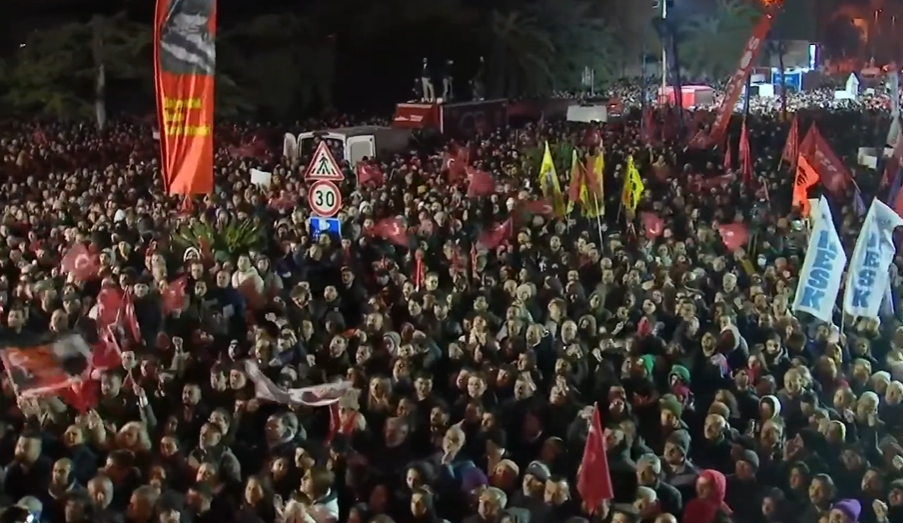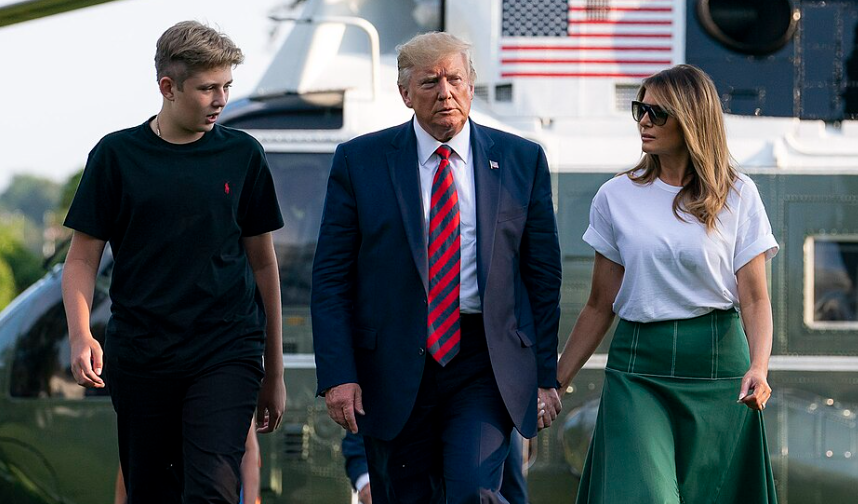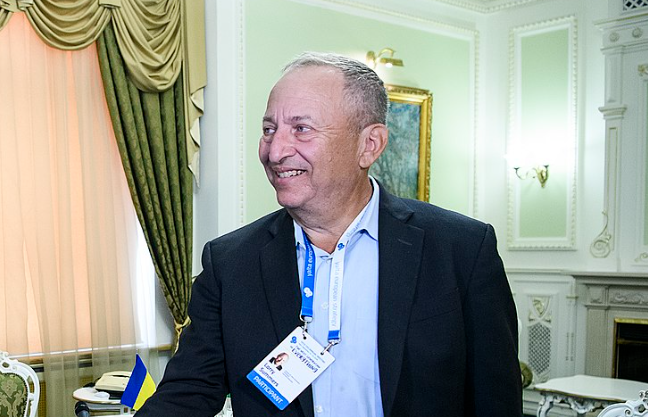Istanbul Mayor and Erdogan Rival Arrested by Turkish Police – Mass Protests Erupt

©️ CNBC-TV18
On March 19, 2025, Turkish authorities arrested Istanbul Mayor Ekrem İmamoğlu, a prominent opposition figure and potential presidential candidate, on charges of corruption and alleged links to terrorism.
This move has intensified political tensions in Turkey, drawing criticism from opposition parties and international observers.

Istanbul Mayor and Erdogan Rival Arrested Background
Allegations and Arrest
İmamoğlu was detained alongside over 100 individuals, including aides, district mayors from the Republican People’s Party (CHP), journalists, and business figures.
The Istanbul Chief Public Prosecutor’s Office accused him of leading a criminal organization involved in corruption, extortion, bribery, and money laundering related to municipal contracts.

Additionally, he faces allegations of aiding the Kurdistan Workers’ Party (PKK) by forming an electoral alliance with the pro-Kurdish Peoples’ Equality and Democracy Party (DEM) during the 2024 municipal elections. These charges have been dismissed by İmamoğlu and his supporters as baseless and politically motivated.
Political Implications
The timing of İmamoğlu’s arrest is significant, occurring just days before the opposition was expected to nominate him as their presidential candidate. This development has led to widespread protests and accusations that President Recep Tayyip Erdoğan’s government is attempting to eliminate political rivals to maintain power.

Critics argue that the arrest is part of a broader crackdown on opposition figures, journalists, and activists critical of the government.
Public and International Response
In response to the arrest, thousands of İmamoğlu’s supporters took to the streets of Istanbul, defying a government-imposed four-day ban on public demonstrations. Protesters clashed with police, who deployed water cannons and blocked major roads. The government also restricted access to social media platforms such as Twitter, YouTube, and Instagram to limit communications among demonstrators.

International reactions have been swift, with leaders expressing concern over the state of democracy in Turkey. German Chancellor Olaf Scholz condemned the arrest, highlighting fears about the fairness of future elections under Erdoğan’s increasingly authoritarian rule.
Economic Repercussions
The political unrest has also impacted Turkey’s economy. The Turkish lira experienced a significant drop in value against the US dollar, and the BIST 100 index saw substantial declines.

Analysts suggest that these economic fluctuations are tied to the increased political uncertainty following İmamoğlu’s arrest. The central bank intervened by selling foreign currency reserves to stabilize the lira, but concerns about inflation and economic stability persist.
As Turkey approaches critical elections, the arrest of Ekrem İmamoğlu underscores the deepening political divide and raises questions about the future of democracy in the country. The coming months will be pivotal in determining how these events shape Turkey’s political landscape.


